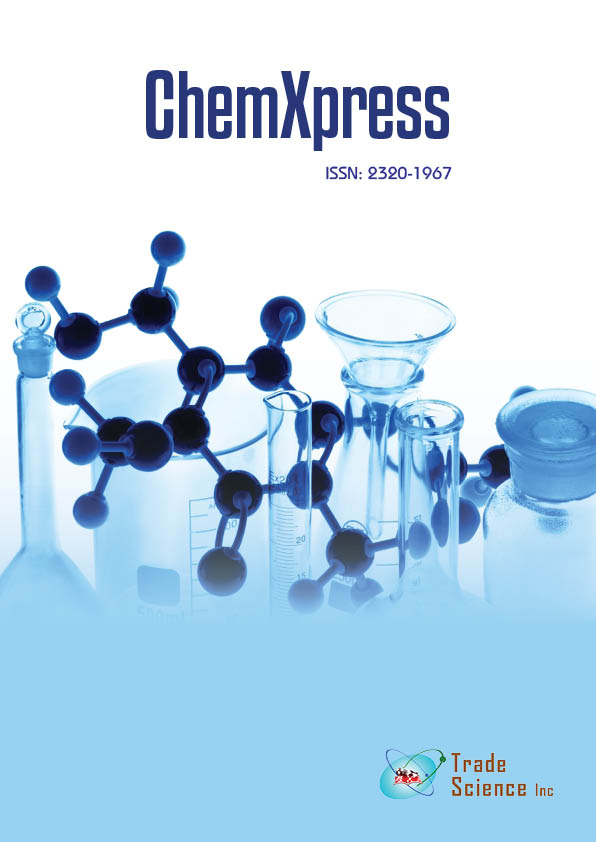抽象的な
Effect of salt stress on carbohydrate contents in four grass species
A.V.Mane, B.A.Karadge, J.S.Samant
Salinity is one of themajor abiotic stresses that adversely affect crop productivity and quality with increasing impact on the socio-economic fabric and health, especially of the farming communities. Carbohydrates play numerous roles in living organisms, such as the storage and transport of energy and as a part of structural components. In the present investigation seedlings of Cymbopogon nardus (L.) Rendle; Pennisetum alopecuroides (L.) Spreng var.Mourdy and Vetiveria zizanioides (L.)Nashwere treatedwith increasing concentrations of Sodium chloride (25, 50, and 100, 200 and 300 mM). It is found that the amount of soluble sugars in the leaves was increased at lower levels of salinity. The starch content in the leaves of all grass species was greatly influenced by salinity stress. It is evident that the starch content of the leaves of all the four grasses is increased with increasing the levels of salinity upto 100 mM NaCl. Maximum accumulation, 46.10% over control (100 mM) was observed in Cymbopogon nardus while in Cynodon dactylon itwas decreased initially and then increased by 1.31%(100mM) only.All the species showed a drastic reduction in starch content under the influence of higher levels of salinity stress. The details of the investigation carried out are discussed in the paper.
